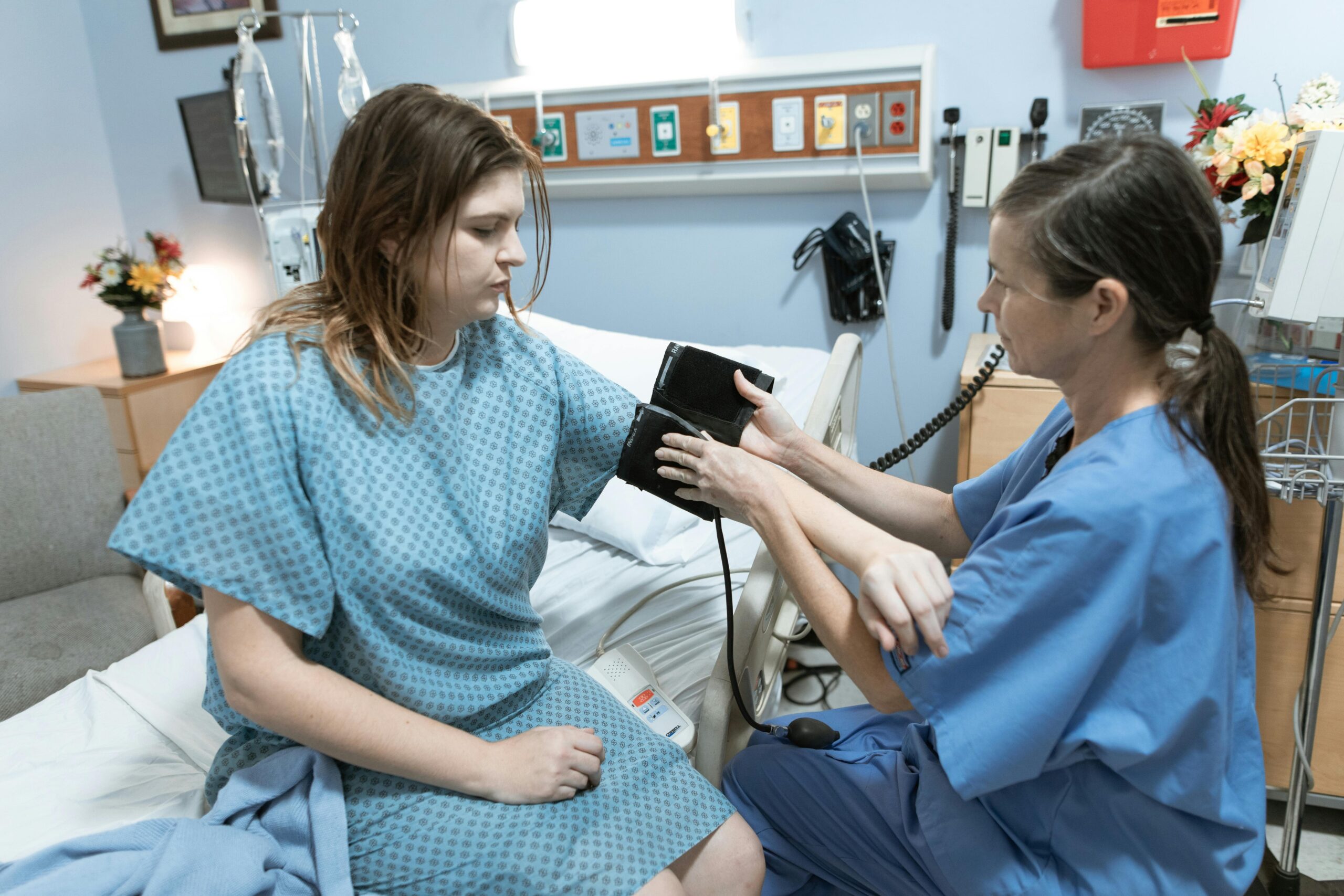A strong support network is crucial for successful addiction recovery, offering emotional, psychological, and practical assistance. Building and maintaining a supportive community can significantly enhance the recovery process, reduce the risk of relapse, and improve overall well-being. This comprehensive guide explores the importance of a support network, the types of support available, and practical tips for building and maintaining a supportive community during recovery.
Table of Contents
ToggleThe Importance of a Support Network in Recovery
Recovery from addiction is a challenging journey that requires ongoing effort and commitment. A strong support network provides several key benefits:
- Emotional Support: Friends, family, and peers can offer encouragement, understanding, and empathy, helping individuals navigate the emotional ups and downs of recovery.
- Accountability: A support network can help individuals stay accountable to their recovery goals, providing motivation to stay on track and avoid relapse.
- Practical Assistance: Supportive individuals can offer practical help, such as transportation to treatment sessions, assistance with daily tasks, and help finding resources and services.
- Social Connection: Building positive social connections can reduce feelings of isolation and loneliness, which are common in recovery. A supportive community fosters a sense of belonging and purpose.
- Relapse Prevention: A strong support network can help individuals identify and manage triggers, develop coping strategies, and provide immediate assistance during challenging times.
Types of Support in Addiction Recovery
Several types of support are available to individuals in recovery, each playing a unique role in the process:
- Professional Support: This includes support from healthcare providers, therapists, counselors, and addiction specialists. Professional support is essential for providing medical care, therapy, and structured treatment programs.
- Family Support: Family members can offer invaluable support, providing love, encouragement, and practical assistance. Family therapy can help improve communication and address family dynamics that may impact recovery.
- Peer Support: Support from peers who have experienced similar struggles is crucial for providing understanding, empathy, and shared experiences. Peer support groups, such as Alcoholics Anonymous (AA) and Narcotics Anonymous (NA), offer a sense of community and shared goals.
- Friends and Social Networks: Positive social connections with friends and community members can provide companionship, social activities, and encouragement. Building a supportive social network outside of substance use circles is important for maintaining sobriety.
- Support Groups: Support groups, both in-person and online, offer a safe space to share experiences, gain insights, and receive encouragement from others in recovery. These groups provide a sense of community and mutual support.
Building a Support Network
Building a strong support network requires effort and intentionality. Here are some practical tips for developing a supportive community during recovery:
- Engage in Treatment Programs: Participating in structured treatment programs, such as inpatient or outpatient rehab, provides access to professional support and connects individuals with peers who are also in recovery.
- Attend Support Group Meetings: Regularly attending support group meetings, such as AA, NA, or SMART Recovery, helps build connections with others who understand the challenges of addiction and recovery.
- Involve Family and Friends: Encourage supportive family members and friends to be involved in the recovery process. Family therapy sessions and educational programs can help them understand addiction and provide effective support.
- Seek Professional Help: Establish relationships with healthcare providers, therapists, and counselors who specialize in addiction treatment. Regular appointments and therapy sessions provide ongoing support and guidance.
- Join Community Activities: Engage in community activities, hobbies, and interest groups to build positive social connections. Volunteering, joining clubs, and participating in recreational activities can help expand social networks.
- Utilize Online Resources: Online support groups and forums provide additional support and can be especially helpful for individuals in remote areas or those who prefer virtual interactions. These platforms offer 24/7 access to support and resources.
Maintaining a Support Network
Maintaining a strong support network requires ongoing effort and communication. Here are some tips for nurturing supportive relationships:
- Stay Connected: Regularly check in with supportive individuals through phone calls, texts, or meetings. Consistent communication helps maintain strong connections and provides opportunities for support.
- Be Open and Honest: Share your experiences, challenges, and successes with your support network. Open and honest communication fosters trust and understanding.
- Show Appreciation: Express gratitude for the support you receive. Acknowledging the efforts of your support network strengthens relationships and encourages continued support.
- Set Boundaries: Establish healthy boundaries to protect your recovery. Communicate your needs and limits clearly to avoid situations that may jeopardize your sobriety.
- Give Back: Offer support to others in your network. Providing encouragement and assistance to peers in recovery can strengthen your own commitment and build a sense of community.
Renew Health’s Approach to Building Support Networks
At Renew Health, we emphasize the importance of building and maintaining strong support networks. Our comprehensive treatment programs include:
- Family Involvement: We encourage family participation in therapy sessions, educational workshops, and support groups to help them understand addiction and provide effective support.
- Peer Support Groups: We facilitate peer support groups where individuals can share experiences, gain insights, and receive encouragement from others in recovery.
- Community Engagement: We help individuals connect with community resources, recreational activities, and volunteer opportunities to build positive social networks.
- Professional Support: Our team of healthcare providers, therapists, and counselors offer ongoing support, guidance, and care throughout the recovery journey.
Success Stories from Renew Health
The impact of a strong support network is evident in the success stories of our patients. For example, Alex, who struggled with alcohol addiction, built a robust support network through our treatment program. By involving his family in therapy, attending support group meetings, and engaging in community activities, Alex was able to achieve and maintain sobriety. His story highlights the importance of building and maintaining a supportive community in recovery.
Conclusion
Building and maintaining a strong support network is crucial for long-term success in addiction recovery. At Renew Health, we are dedicated to helping individuals develop and nurture supportive relationships that enhance their recovery journey. If you or a loved one is seeking support in building a strong network for recovery, reach out to Renew Health. We are here to provide the guidance and assistance needed for a successful and fulfilling recovery.




